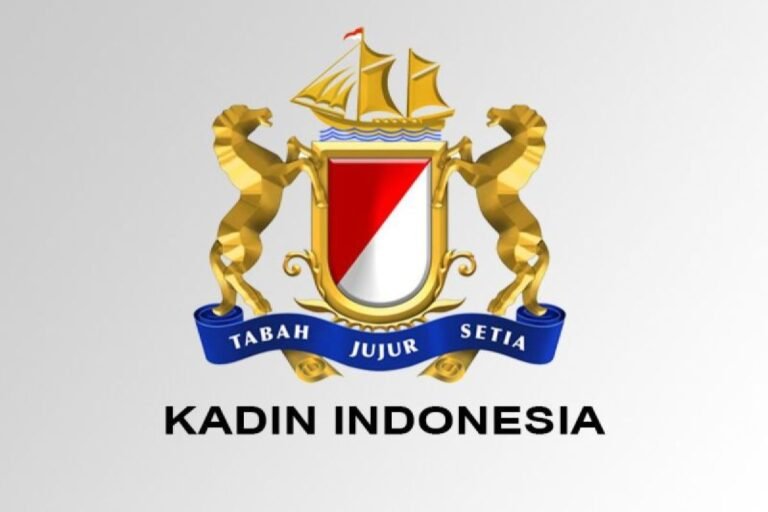Indonesia is a country in Southeast Asia and the world’s fourth most populous country with over 270 million people. It has a rapidly growing economy with a GDP of $1.1 trillion in 2021 and a projected growth rate of 5.5% in 2022. Indonesia is a member of the G20 group of countries, making it one of the most influential economies in the world.
Indonesia’s business landscape is diverse and has attracted many foreign investors. The country’s government has implemented various economic policies and regulatory reforms to improve the ease of doing business in Indonesia. In 2023, Indonesia’s business landscape is expected to remain attractive to foreign investors due to its vast market, young population, and strategic location in Southeast Asia.
Types of Business Structures in Indonesia
There are several types of business structures available in Indonesia, each with its legal, tax, and regulatory implications. The most common types of business structures in Indonesia are:
PT (Perseroan Terbatas): A limited liability company that is suitable for medium to large-sized businesses. This structure is the most popular option for foreign investors in Indonesia.
CV (Commanditaire Vennootschap): A partnership structure that is suitable for small businesses. This structure has two types of partners, active partners, and passive partners.
Firma: A sole proprietorship structure that is suitable for individuals who want to start a small business in Indonesia.
Yayasan: A foundation structure that is suitable for non-profit organizations.
Representative Office: A business structure that is suitable for foreign companies that want to establish a presence in Indonesia without engaging in commercial activities.
Each business structure has its own advantages and disadvantages, and foreign investors should carefully consider their options before deciding which structure to use.
Step by Step for Company Registration in Indonesia
The process of registering a company in Indonesia can be time-consuming and complex, but with the right guidance and support, it can be done efficiently. The steps involved in registering a company in Indonesia are:
Choose a business structure: Determine which business structure is suitable for your business and register with the relevant authority.
Reserve a company name: Reserve a unique company name with the Ministry of Law and Human Rights.
Obtain a domicile letter: Obtain a domicile letter from the local government to prove that your business has a registered address in Indonesia.
Obtain a taxpayer identification number (NPWP): Register for a taxpayer identification number with the Indonesian Tax Office.
Register with the Ministry of Law and Human Rights: Register your company with the Ministry of Law and Human Rights and obtain a company registration number (NIB).
Obtain business licenses and permits: Obtain any necessary business licenses and permits from the relevant authorities.
Open a bank account: Open a local bank account in Indonesia.
Post-Registration Compliance
After registering a company in Indonesia, there are several compliance obligations that businesses must fulfill. These include:
Annual reporting: Companies must submit annual reports to the Ministry of Law and Human Rights.
Tax obligations: Companies must comply with Indonesia’s tax laws and file tax returns annually.
Changes in shareholding and company structure: Companies must report any changes in shareholding or company structure to the Ministry of Law and Human Rights.
Legal compliance requirements: Companies must comply with all relevant laws and regulations in Indonesia.
Common Challenges Faced by Foreign Entrepreneurs in Indonesia
Foreign entrepreneurs in Indonesia may face several challenges, including:
Language barriers: Many Indonesians speak little or no English, which can make communication challenging for foreign entrepreneurs.
Cultural differences: Indonesia has a unique culture, and foreign entrepreneurs may need to adapt to these cultural differences in order to succeed in the country.
Complex regulatory environment: Indonesia’s regulatory environment can be complex and confusing, making it challenging for foreign entrepreneurs to navigate.
Limited access to financing: Foreign entrepreneurs may find it difficult to access financing in Indonesia, as many local banks and lenders prefer to work with local businesses.
Corruption: Corruption can be an issue in Indonesia, and foreign entrepreneurs may need to take extra precautions to ensure that their business dealings are above board.
Solutions and Best Practices for Common Challenges
To overcome these challenges, foreign entrepreneurs can take several steps, including:
Hire a local team: Hiring a local team that understands the culture and language can help foreign entrepreneurs navigate the Indonesian business environment more effectively.
Work with a local partner: Working with a local partner can provide foreign entrepreneurs with valuable insights into the market and help them navigate the regulatory environment.
Engage with the community: Engaging with the local community can help foreign entrepreneurs build relationships and establish trust, which can be critical to business success in Indonesia.
Obtain legal advice: Obtaining legal advice from a local law firm can help foreign entrepreneurs navigate Indonesia’s complex regulatory environment and ensure compliance with all relevant laws and regulations.
Implement strong compliance measures: Implementing strong compliance measures can help foreign entrepreneurs mitigate the risk of corruption and ensure that their business dealings are above board.
Future Prospects and Trends for Foreign Investment in Indonesia
Indonesia’s economy is expected to continue growing in the coming years, driven by a young and growing population, a strategic location in Southeast Asia, and ongoing regulatory reforms. As such, the country is likely to remain an attractive destination for foreign investors in the years ahead.
One trend to watch in the coming years is the growth of the digital economy in Indonesia. The country has a rapidly growing middle class and a high smartphone penetration rate, making it an attractive market for digital businesses. Additionally, the government has implemented various policies to support the growth of the digital economy, including the creation of a digital economic zone in Jakarta.
Another trend to watch is Indonesia’s growth of green and sustainable businesses. The country is home to a vast array of natural resources, including forests, minerals, and renewable energy sources, making it an ideal location for businesses focused on sustainability and environmental protection.
Register a Company in Indonesia with SSI
If you are interested in registering a company in Indonesia, SSI can help. Our team of experienced professionals can guide you through the registration process and provide ongoing support to ensure that your business is compliant with all relevant laws and regulations. Contact us today to learn more.

















